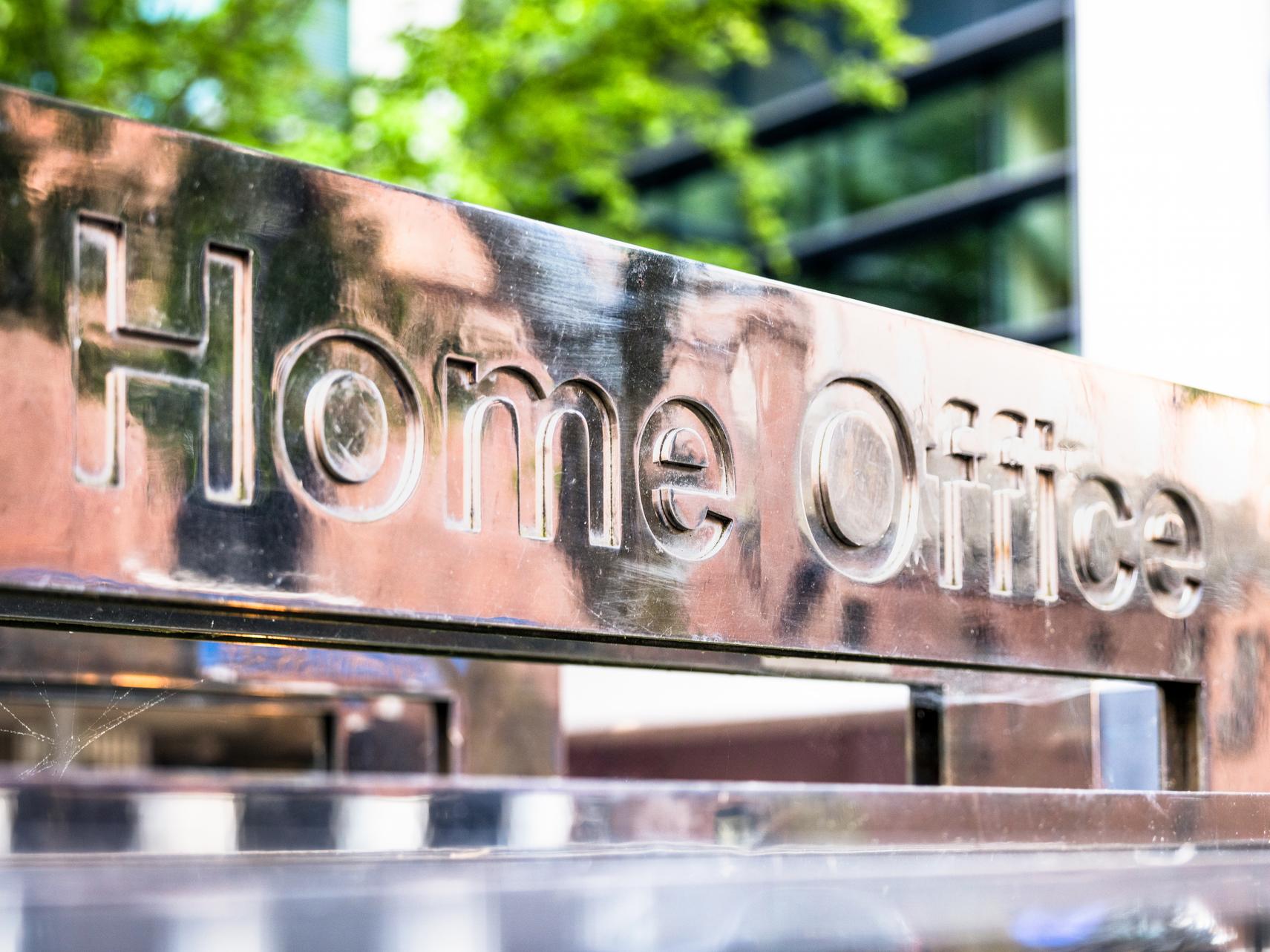
Brian Sims
Editor

Brian Sims
Editor
NATIONAL SECURITY is being bolstered with the Foreign Influence Registration Scheme (FIRS) launching on 1 July as one of the foundations of the Government’s Plan for Change.

This landmark measure introduces an unprecedented enhanced tier, protecting the nation’s economy and society from covert activities by Iran and Russia. It also introduces a new layer of accountability around political influencing activity, duly shedding light on attempts by overseas powers to shape UK democratic processes.
As part of the toolkit in the National Security Act 2023, the FIRS will provide an unprecedented insight into covert attempts by overseas powers to influence UK democratic processes, help protect institutions from covert interference and enhance the UK’s ability to understand and respond to threats against its democratic integrity and national security.
FIRS is a two-tier scheme: the political tier requires registration of any arrangements to carry out political influence activities in the UK on behalf of a foreign power, including political communications or lobbying senior decision-makers, such as MPs and election candidates.
A more stringent enhanced tier applies to foreign powers considered to pose a risk to the UK’s safety or interests: the whole of the Russian and Iranian states have been placed under this tier after this decision being approved by Parliament. This was in response to the serious threats they pose to the UK’s interests and reflects the need to ensure transparency over covert influence activity directed by these states.
Political system
Security Minister Dan Jarvis MBE said: “We welcome legitimate engagement with all countries, but we will not tolerate covert attempts to manipulate our political system or society. The Foreign Influence Registration Scheme gives us the tools to confront growing threats to our national security, which is one of the foundations of our Plan for Change, without compromising the openness that defines our democracy.”
Jarvis continued: “Designating Russia and Iran under the enhanced tier is a vital step in protecting the safety and interests of the UK. This is about creating accountability and visibility so that covert influence operations have nowhere to hide, while also ensuring we have the tools to detect and disrupt them.”
These specifications will require the registration of any activities carried out in the UK at the direction of any part of the Russian or Iranian states. This explicitly includes their intelligence services – such as the Iranian Revolutionary Guard Corps, the Ministry of Intelligence and Security (MOIS), the Federal Security Service and the GRU – as well as both countries’ Armed Forces.
Registering under FIRS does not mean that an arrangement is illegitimate or that the activities are undesirable. In addition, it doesn’t mean that the registrant needs to cease – or seek approval for – their activities. However, those who seek to act covertly for foreign powers will now face a choice: register under the scheme or risk prosecution.
Registration timeline
Registrations under the political tier must be submitted within 28 days of the arrangement being made. For the enhanced tier, registrations must be submitted within ten days of the arrangement being made and ahead of any activity being undertaken. Failure to register when required is a criminal offence.
To ensure the scheme is proportionate, FIRS includes exemptions, including for recognised news publishers, legal professionals acting during legal proceedings or providing legal advice, diplomats and their families and arrangements involving the UK Government.
National security is at the centre of the UK’s domestic and international policy and is the foundation of the Government’s Plan for Change. FIRS is a key part of the national security toolkit and delivers on the Government’s ambition to make the country a harder operating environment for hostile actors.
FIRS puts the UK at the forefront of international efforts to deter and disrupt covert foreign influence and its world-leading tiers will address wider threats to the UK’s safety, strengthening the ability to identify and respond to activity that threatens democratic integrity.
Dorset House
64 High Street
East Grinstead
RH19 3DE
UNITED KINGDOM
01342 31 4300